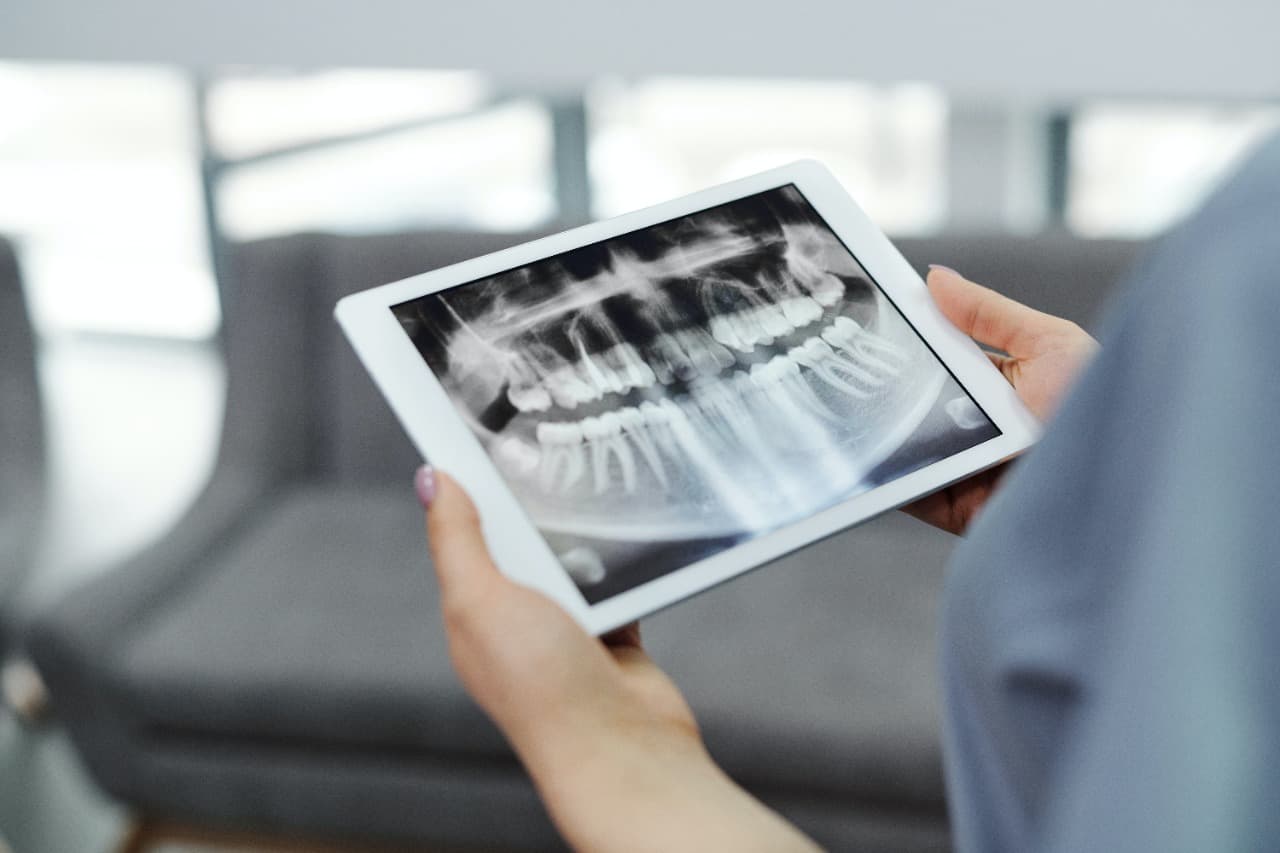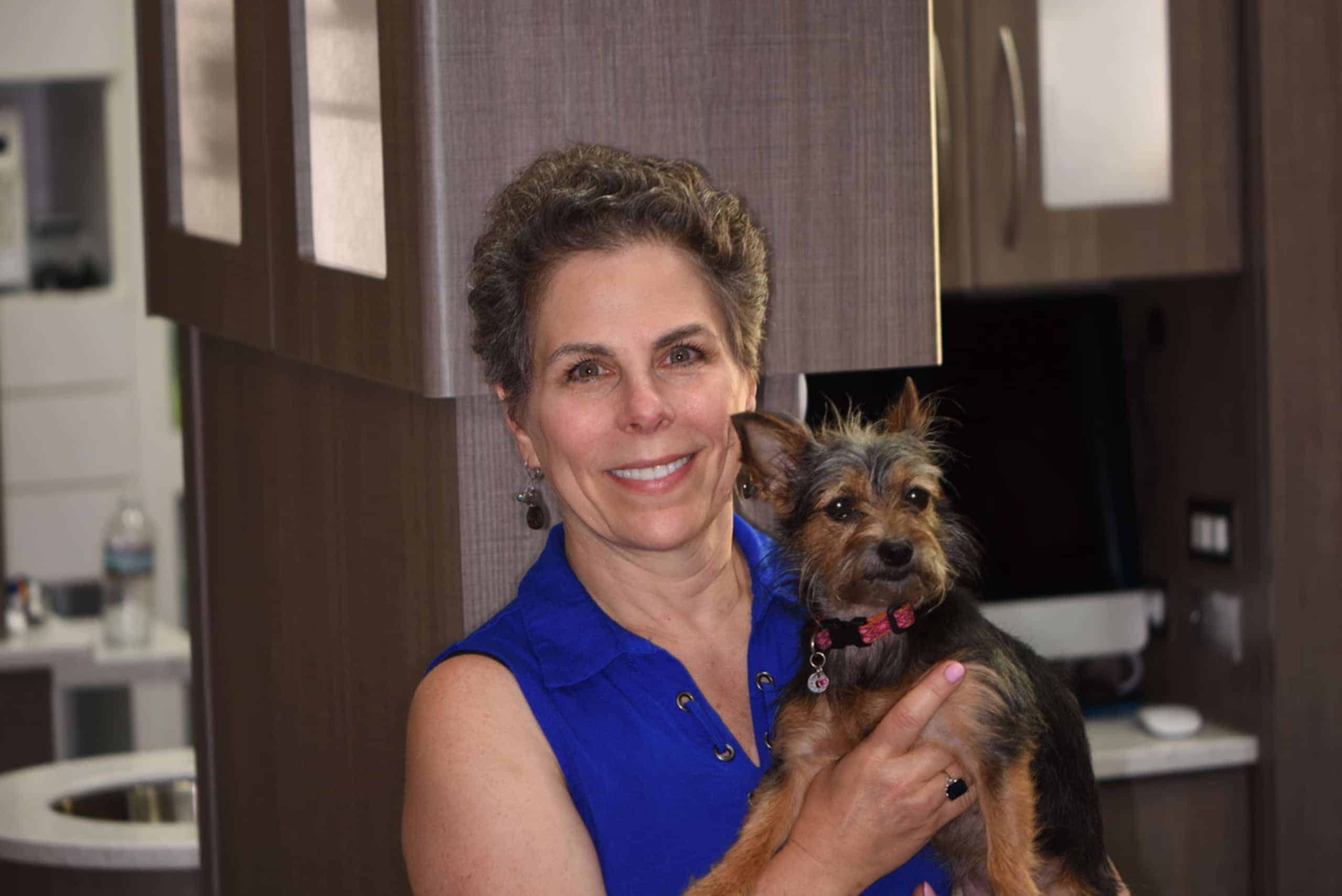Your dentist in Doylestown uses dental x-rays to help see things going on inside the mouth that can’t be seen with the naked eye. Dental x-rays can allow your dentist to catch cavities early when they’re still really easy to treat. Additionally, images from x-rays will show your dental team the overall health of the entire mouth. But we also understand that you may have some concerns about the safety of dental x-rays. We’re here to ease your worries.
Safety First!
Dental x-rays are incredibly safe for both kids and adults. Thanks to advancements in technology, many dentists now offer digital x-rays instead of traditional film x-rays. These digital x-rays not only reduce the amount of radiation exposure by 90%, but they also allow for faster appointments, clearer pictures, and more accurate diagnoses.
How Often Should I Get Dental X-Rays?
We know that we say this a lot but every patient is different, so how often you get dental x-rays will depend on your specific oral health history, current oral health, and individual needs. Please know that your dentist in Doylestown will only take x-rays when necessary in order to help diagnose and monitor health. Now, keep in mind that kids may get dental x-rays more often than adults simply because their bodies are changing quickly, they have a lot of growing to do, and decay is more common in kids.
Why Are X-Rays Still Necessary If I Don’t Have Cavities?
X-rays are great at showing areas of decay early when cavities are super small and hard to detect without x-ray images. However, x-rays can show your dentist in Doylestown a lot more than just cavities. X-rays can clearly identify any potential concerns with the eruption of adult teeth, see the health of the jaw bone, aid in planning for orthodontics or dental implants, and identify many oral health conditions.
Types of Dental X-Rays
Your dentist may take a variety of different types of dental x-rays at your appointments as each one allows them to see different things.
- Bitewing – Bitewing x-rays take photos of small sections of the mouth and are able to capture photos of multiple teeth in one take. These x-rays can help find decay and cavities.
- Panoramic – Panoramic x-rays show the entire mouth, including all teeth and the jawbone. The images from panoramic x-rays will show your dentist the health of your jaw bone and many other things.
- Occlusal – Occlusal x-rays show the arch of teeth and will help evaluate your bite including an underbite or overbite.
Dental x-rays are an invaluable tool to help monitor your oral health over time and are key to catching potential problems early. After all, prevention and early intervention are key to protecting teeth so your smile can stay healthy.
Of course, if you have additional questions about the safety of dental x-rays, don’t hesitate to contact your dentist in Doylestown.

